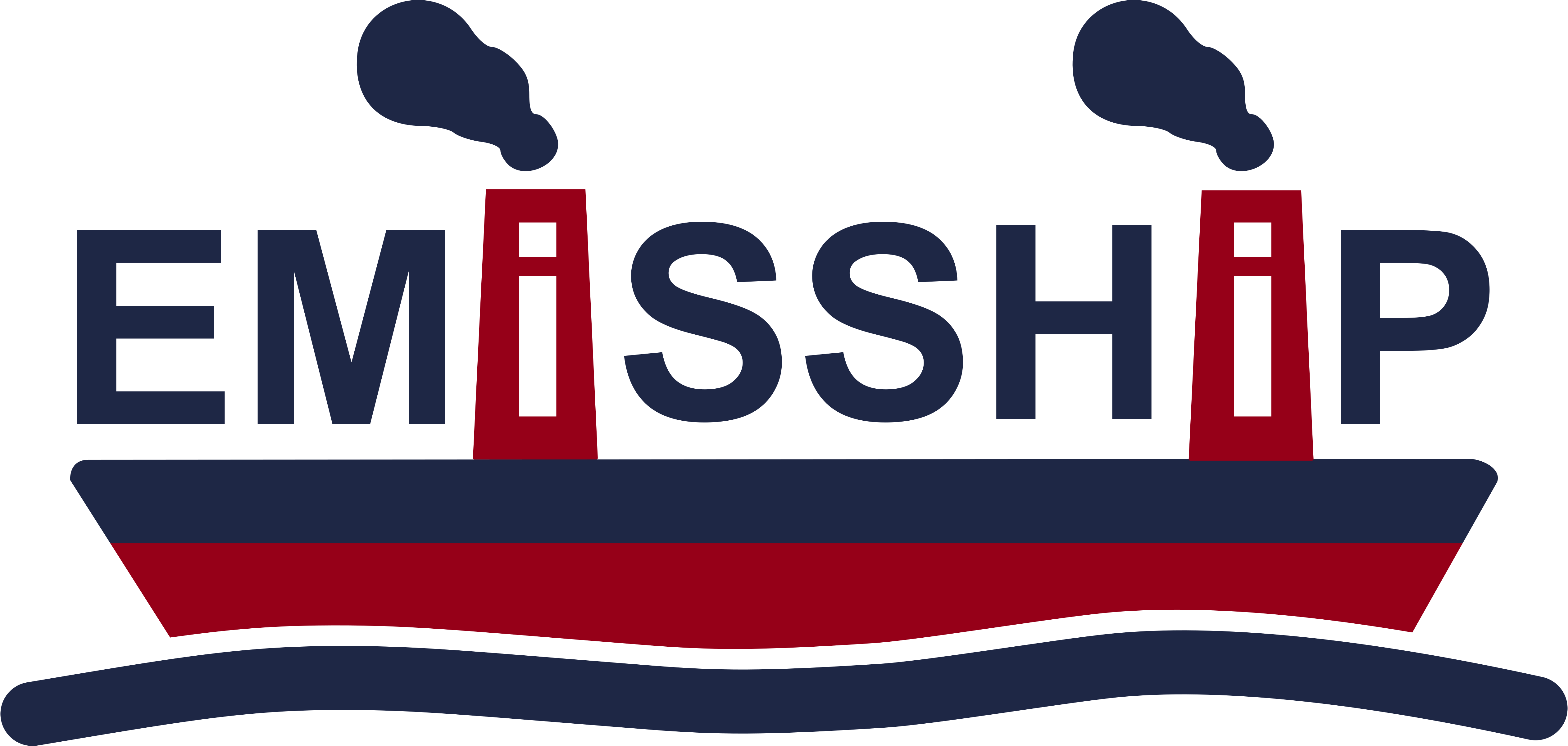Relevance
Shipping is a large and growing source of the greenhouse gas (GHG) emissions that are causing climate change. Emissions from the global shipping industry account for 3% of the world’s total GHG emissions and 4% of the EU’s total emissions. Without action, these emissions are expected to more than double by 2050.
Besides affecting climate change, atmospheric ship emissions have impact on air quality, being considered by some authors a major source of air pollution over long distances. Thus, atmospheric ship emissions may have dramatic impact on human health namely, decreasing average life expectancy and increasing premature deaths, hospital admissions and medication use, specifically due to Chronic Obstructive Pulmonary Disease (COPD) and asthma.
OBJECTIVES
The Project “EMISSHIP – Towards reducing atmospheric pollution from shipping – Emission forecasting and assessment of human health impact” (PTDC/CTA-AMB/32201/2017 – POCI – 01 – 0145 – FEDER – 032201), funded by Fundo Europeu de Desenvolvimento Regional (FEDER), through COMPETE2020 – Programa Operacional Competitividade e Internacionalização (POCI) and with financial support of FCT/MCTES through national founds (PIDDAC) has as main objective evaluate the impact of maritime traffic emissions on the air quality and health of ship workers, port workers and on the population living and working in the surrounding areas of main ports of Portugal and Spain.
Expected IMPACT
EMISSHIP project will contribute to better understand the contribution of shipping emissions on the global ones. Results will be communicated to the responsible entities for air quality management and shipping industry representatives, helping to gather solutions to development of preventive measures and for the energetic optimization of engines. Furthermore, results will be disseminated to the scientific community through scientific publications and to the general population by the organization of a conference to where media will be invited.
Globally, the following key impacts are expected:
- Development of a shipping emissions inventory for Portugal and Spain, based on data of the past two years;
- Forecasting atmospheric emissions for 2030 and 2050 to support eventual emission reduction policies aiming the protection of public health and the decrease of impacts on climate change.
- Evaluation of human exposure to shipping emissions.
- Determine possible respiratory health impacts, namely COPD and asthma, derived from shipping emissions.
EMISSHIP project (PTDC/CTA-AMB/32201/2017 - POCI‐01‐0145‐FEDER‐032201) is funded by FEDER funds through COMPETE2020 - Programa Operacional Competitividade e Internacionalização (POCI) and by national funds (PIDDAC) through FCT/MCTES.

